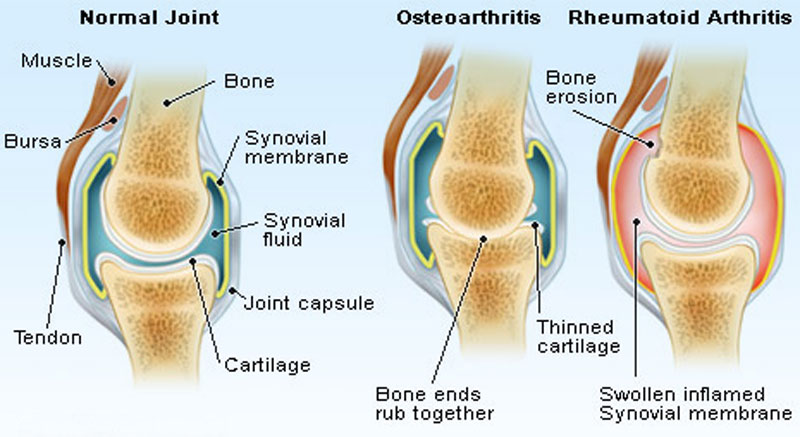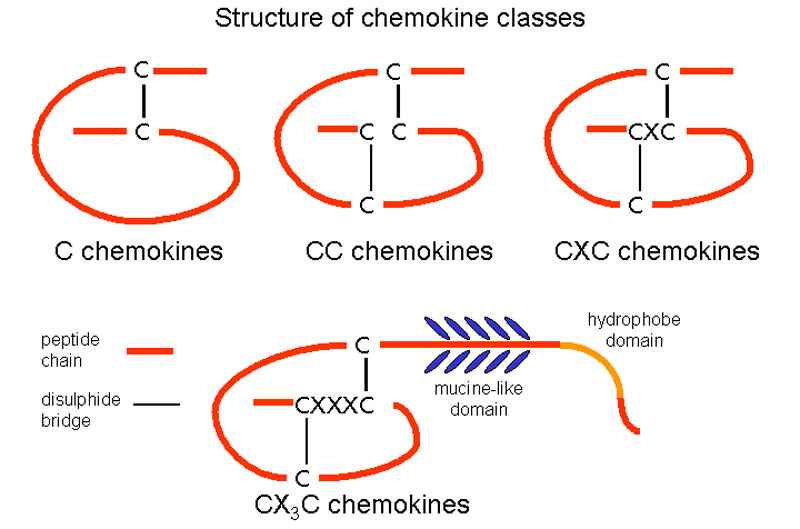The role of chemokines in the pathogenesis of rheumatoid arthritis
The main work of Laboratory of Immunology is studying the role of pro-and anti-angiogenic cytokines in the pathogenesis of rheumatoid arthritis. Number of molecules involved in the development and maintenance of inflammation in rheumatoid arthritis, is extremely wide: integrins and selectins of several types, immunoglobulin molecules ICAMs and VCAMs, prostaglandins, growth factors, cytokines, chemokines, matrix metalloproteinases, co- stimulatory molecules, and various autoantibodies.

Здоровый и воспаленные суставы
These days it is widely believed that chemokines are involved in the pathogenesis of rheumatoid arthritis, including their participation in angiogenesis in the formation and distribution of the pannus. Chemokines are named for their primary function — chemotaxis, mainly — chemotactic migration of leukocytes. In addition, chemokines are involved in angiogenesis, cell differentiation, collagen production, proliferation of hematopoietic progenitors, tumor and metastasis growth, the ontogeny of the central nervous system. Currently, considerable attention is paid to the characteristic of various chemokine gene expression under a variety of inflammatory conditions.

Группы хемокинов
